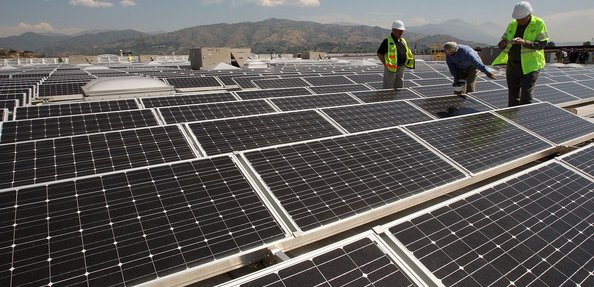Energy communities need to have the same obligations as operators, the Council of European Energy Regulators (CEER) has noted in a paper concerning the European Commission’s clean energy proposals, detailed last November as part of the so-called winter package.
In its latest paper, CEER commends the European Commission’s proposals, noting they are headed in the right direction, while also offering guidelines, which it believes could improve the related legal framework.
Acording to CEER, the new proposals, structures and roles for consumers/customers should preserve consumer rights; adequate metering should be available to enable active consumption; net metering of self-generation should be avoided; there should be no cross-subsidization between active and non-active customers; network tariffs should reflect the cost and value of the system infrastructure, including for self-consumers and energy communities; rules that apply to generators/suppliers must apply to energy communities carrying out those roles, wherever applicable; local energy communities that operate a network – i.e., effectively function as a distribution system operator (DSO) – should be regulated as a DSO and have the same obligations on service delivery and consumer rights.
The CEER paper points out that the RES directive and the electricity market directive are not always consistent with each other in terms of their definitions and approaches and, as a result, need clarification.
Also, the definitions of a “renewable self-consumer”; “renewable energy community”; “active customer”; and “local energy community” need to be refined, according to CEER.
It is paramount that consumer rights are not undermined in the context of these new structures and roles in the energy sector, the paper notes.
Local energy communities should only operate networks where there is no negative impact on consumers and where network developments can be managed in an efficient way, according to the CEER paper.
Moreover, self-consumers usually rely on the energy network for electricity delivery, whenever their consumption exceeds self-generation and should face network tariffs that are cost-reflective in the same way as consumers who rely exclusively on the network for their energy supply, the paper notes.





